A recent report on the catastrophic decline in the Anglican Church of Canada should not draw Canadian Anglicans into a “vortex of negativity”, says the new Primate, Linda Nicholls:
Nicholls said she hoped that instead of trying to figure out why the church was in numerical decline, or get drawn into a “vortex of negativity” about it, Canadian Anglicans would instead focus on the church’s calling.
“We’re called to do and be God’s people in a particular place, for the purpose of sharing the good news of Jesus Christ, and the only question is, ‘How do we need to share it, so that it might be heard by those around us?’” she said.
You might be surprised to learn that I agree with Nicholls: the answer is the Good News of Jesus Christ. The only problem is, there is little evidence to suggest that Nicholls knows what the Good News is or if she does, is prepared to state it unambiguously.
Her predecessor, Fred Hiltz, was unable – or unwilling – to do so.
Listen to this:
The real vortex of negativity from which we must flee is the Anglican Church of Canada itself.


 From
From 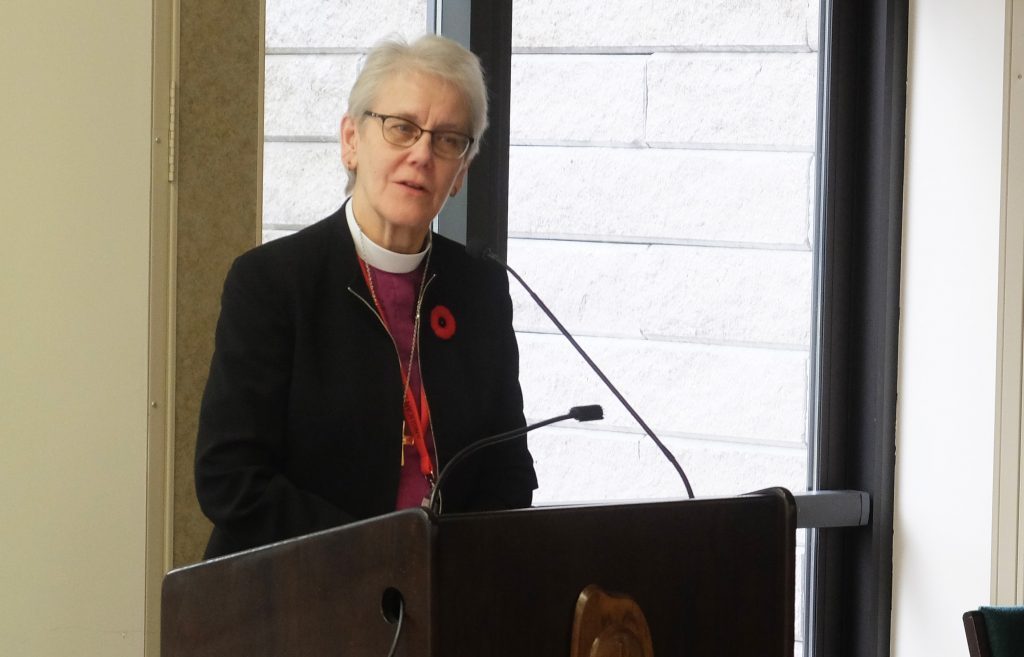
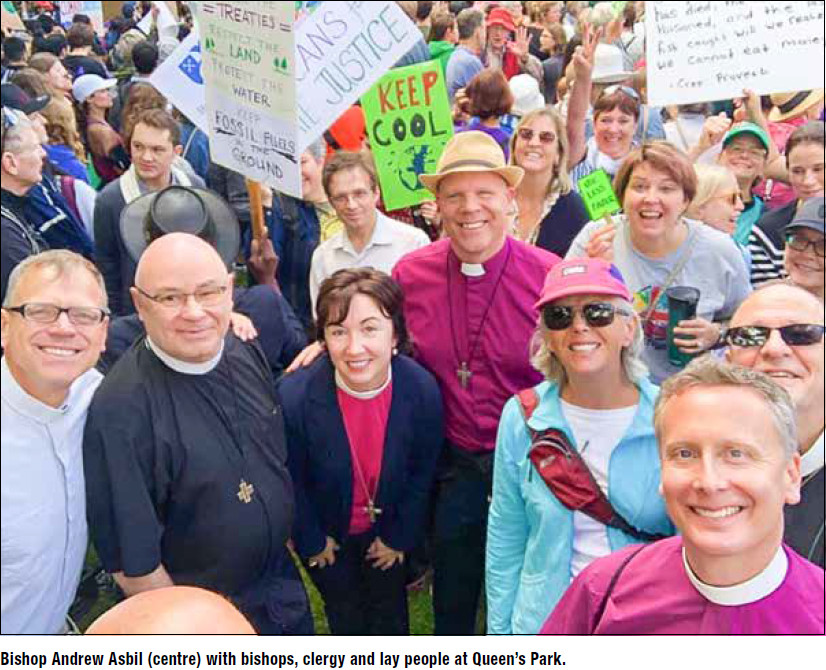
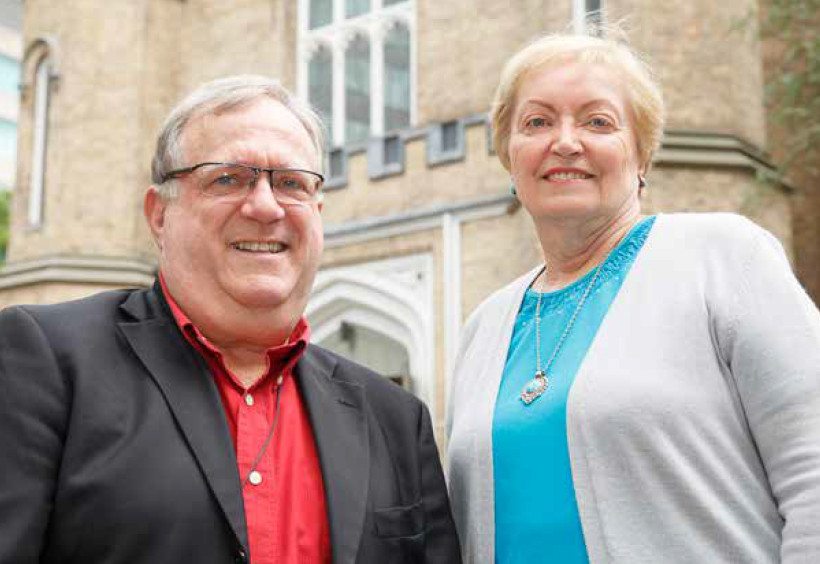 Dr. Lydia Pedersen, a United Church member and a church musician for more than 50 years, is offering a workshop on hymn writing. Anyone can attend and no experience is necessary.
Dr. Lydia Pedersen, a United Church member and a church musician for more than 50 years, is offering a workshop on hymn writing. Anyone can attend and no experience is necessary.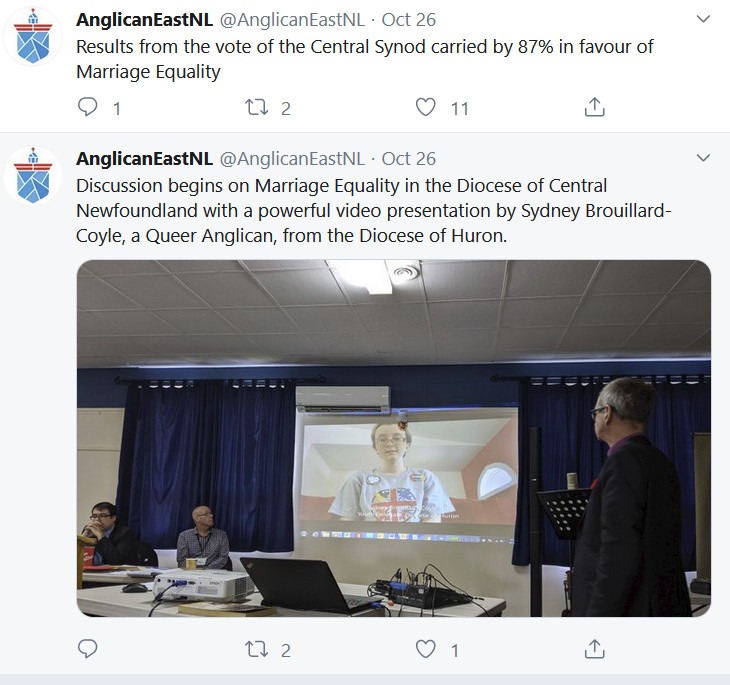
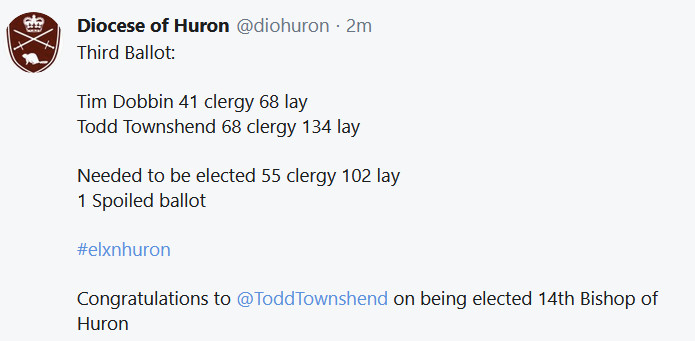

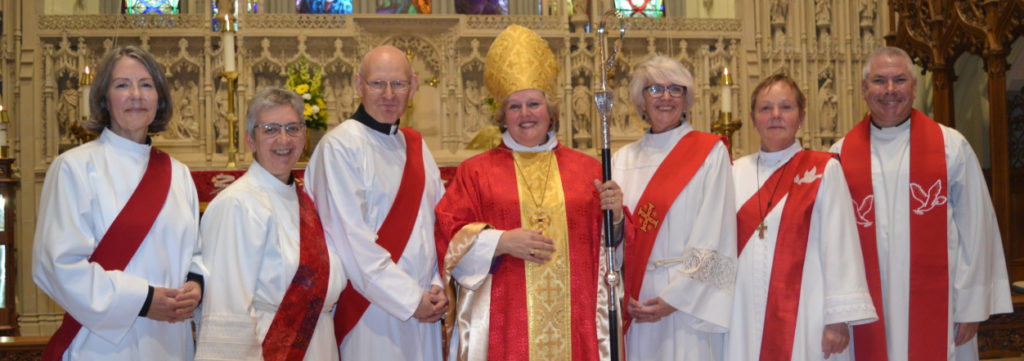
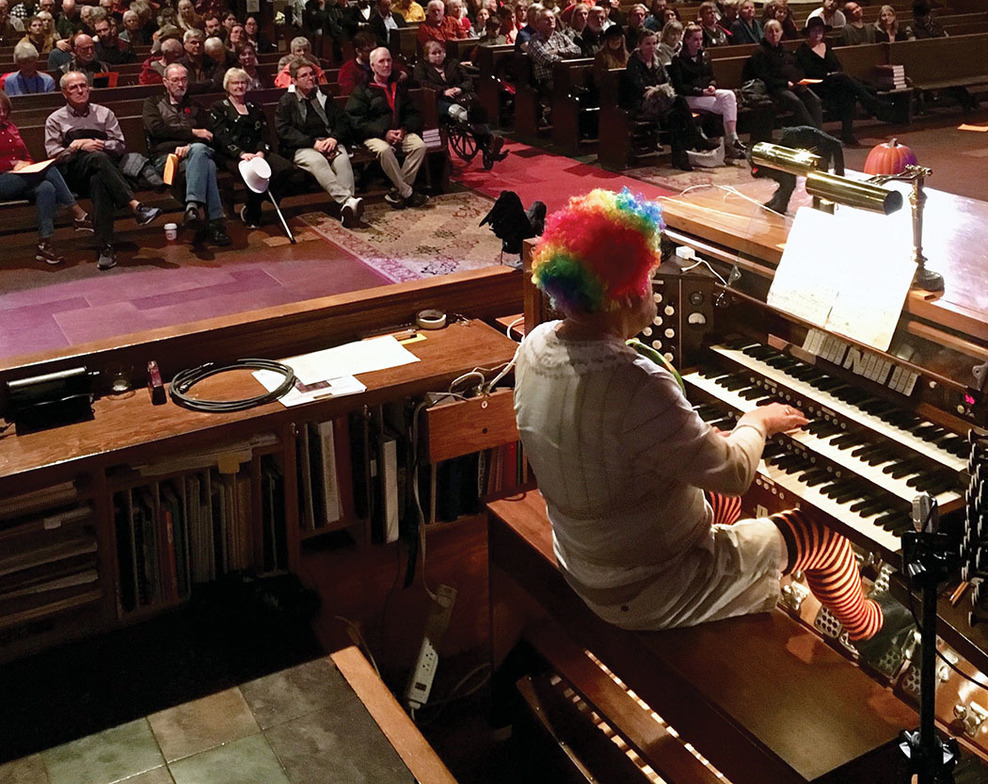 Halloween Organ Spooktacular
Halloween Organ Spooktacular